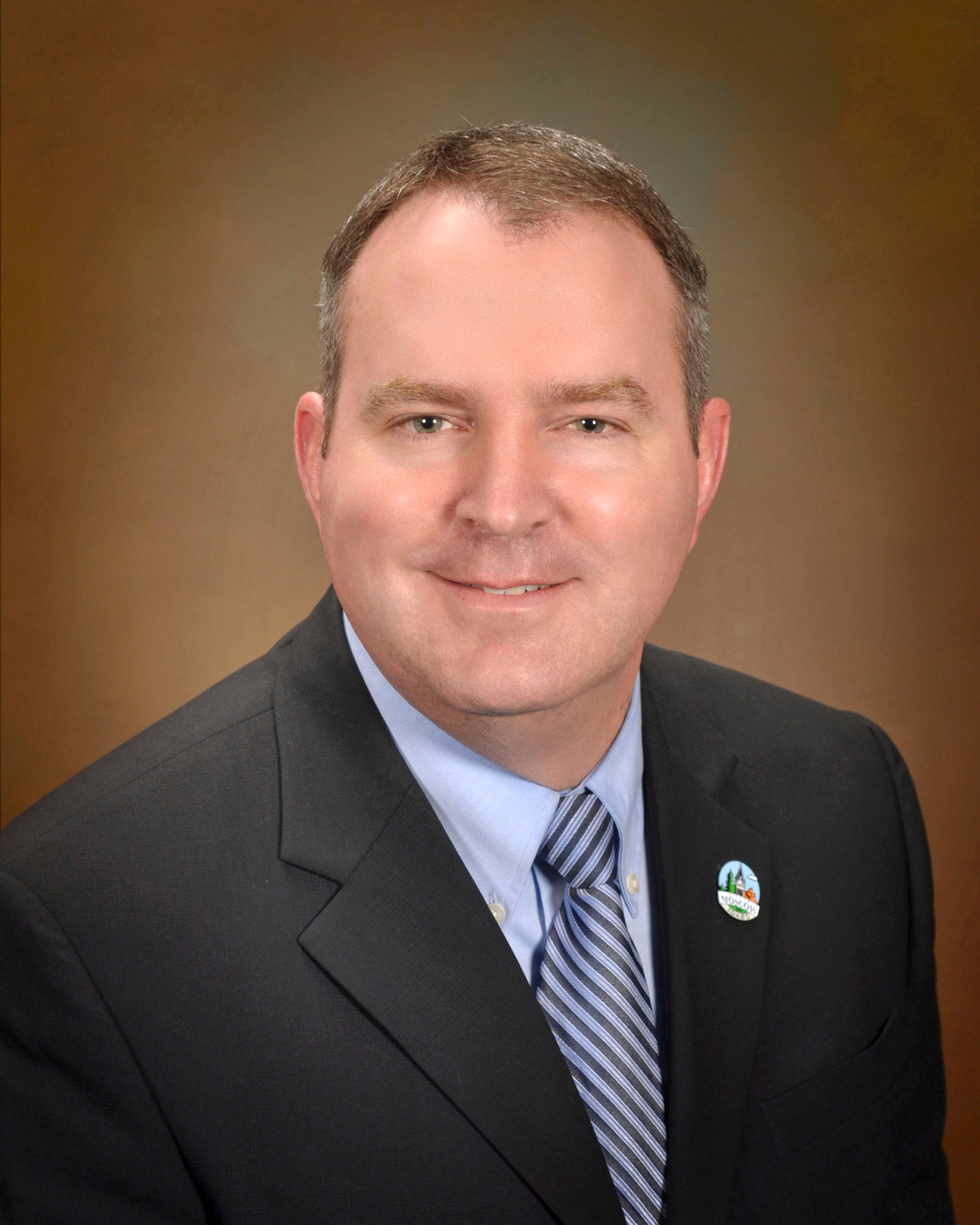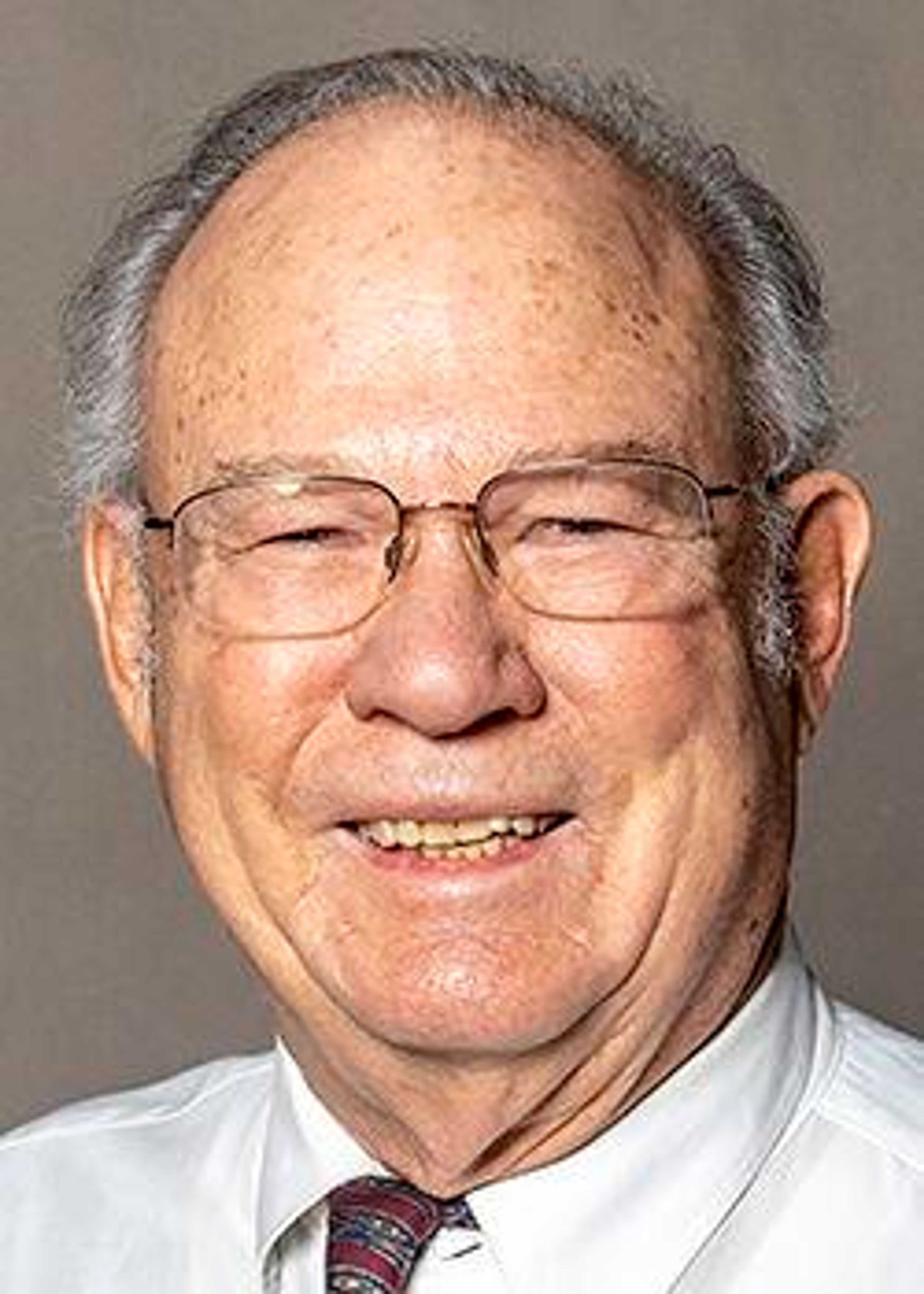Updates possible to Idaho’s Sunshine laws
After major spending during the 2024 elections, officials consider amendments to finance rules
BOISE — An unprecedented year of campaign spending has led some officials to consider amendments to Idaho’s campaign finance laws in an effort to make it easier to track electioneering messaging.
“There was more money during this cycle in the past, and our laws are very much in need of updating,” Secretary of State Phil McGrane said. “The Sunshine laws … were a citizen’s initiative in the 1970s, sometimes they read like a citizen’s initiative from the 1970s.”
This year, legislation is expected to be introduced to move up deadlines for reporting because currently there’s a lag between when large amounts of money are spent and when that spending is publicly accessible through campaign finance reports. In some cases, spending isn’t reported until after the election is over.
McGrane is working with House Speaker Mike Moyle, R-Star, who was the target of some of the biggest spending in the primary — $188,852 was spent by political action committees, not by candidates, to oppose Moyle in that race.
Independent expenditures come from political action committees, or PACs, rather than the candidates’ campaigns. PACs, unlike candidates, do not have limits on receiving contributions, and they can spend on electioneering messaging that can include advertising, flyers, billboards and other activities that either oppose or support candidates.
“This particular primary, it was way different than it’s ever been before,” said Moyle, who’s in his 14th term in the House. “The amount of money that was thrown at elections here was pretty crazy, and quite frankly, candidates have their hands tied. A candidate is limited to a contribution of $1,000 and an out-of-state PAC can spend $1.5 million, right?”
Other main targets of independent expenditures were Sen. Dan Foreman, R-Viola; Sen. Glenneda Zuiderveld, R-Twin Falls; and former Senate President Pro Tem Chuck Winder, R-Boise, who lost his primary contest.
In Winder’s primary, his opponent only spent about $26,000 — but more than $100,000 was spent in independent expenditures by PACs to oppose Winder.
The level of spending through independent expenditures surpassed campaign spending during this election cycle; all legislative campaigns totaled around $7 million in 2024, data from the Secretary of State’s Office shows. More than $9 million in independent expenditures was spent in total to both support and oppose candidates.
McGrane and Moyle haven’t yet agreed on the specifics of the bill that will be brought forward, but both men want more frequent reporting and increased visibility.
“When you’re a candidate, it’s nice to know what they’re saying and what they’re doing in real time, or as close to real time, so you can counter the lies or at least put out the correct information,” Moyle said. “That’s one of the things we’ll try and fix in that bill, so that they can’t play the game of saying something that’s not truthful and then hiding how much they spent, where they spent it, and what they did until after the election, when it’s too late to counter it or to reply to it.”
Idaho law requires any entity spending more than $100 on electioneering communications to file a report to the secretary of state. Independent expenditures are required to be reported by seven days prior to the election and within 30 days after the election, according to state code.
There are expedited requirements for expenditures of $1,000 or more, but only within the period of less than 16 days prior to the election but more than 48 hours before.
“With these odd arrangements of dates and what is required to report and what’s not, and some people have figured that out and they use the windows to steer their messaging,” McGrane said.
Many of these organizations that operated at the edge of Idaho’s reporting laws managed not to violate them. McGrane’s office received 136 formal complaints about campaign finance. The office referred 48 of those to counties because they were not related to statewide races. The secretary of state’s office handled 88, and has collected a little over $6,000 in fines so far, with some investigations still underway.
Many complaints centered on the campaign messaging, which isn’t regulated by election laws, or were regarding out-of-state PACs spending money in time frames during which there was a long delay in required reporting.
One Super PAC, Retire Career Politicians, a Washington, D.C.-based organization that spent $76,000 to oppose Moyle, was notable in its knowledge of Idaho’s reporting laws and how to follow them but push the edge, McGrane said.
“They complied, but they tested us,” he said.
Large out-of-state PACs received most of the attention and garnered complaints, but it was smaller organizations that ended up with the most enforcement or guidance issued on compliance.
“If a PAC has, like, $2,000 or less, we’re likely going to run into each other, because it’s just people pulling together. They don’t really realize it’s regulated,” McGrane said. “It’s safe to say, when someone crosses $100,000, they know exactly what they’re doing.”
Secretary of State Assistant Chief Deputy Rob McQuade said he called an attorney for a national PAC about reporting, and she knew exactly the time she needed to report, pretty much to the hour, and wouldn’t do it any sooner.
The 2024 elections were also the first under a law passed last year that required federal PACs to also register with the Secretary of State’s Office — this law is also likely to have amendments proposed this session.
The bill was meant to address the fact that federal PACs that were spending in Idaho were only required to report to the Federal Elections Commission. The intention was to require reporting from organizations who were filing with the FEC as a means to circumvent Idaho’s secretary of state. However, there were unintended issues with PACs that support Idaho’s congressional delegations, McGrane said.
McGrane issued a letter of guidance in April to clarify that the law did not apply to PACs supporting federal election candidates.
“That has been a more complicated space than we knew we were walking into, and I think (than) the Legislature did, when we got into it,” McGrane said.
Moyle said in an interview and at a recent legislative preview event that he also intends to introduce legislation to regulate false messaging in campaign materials.
“In my opinion, we should have free speech, it’s very important ... but I don’t think free speech allows you to say things that aren’t true about people,” Moyle said.
McGrane, when faced with questions about campaign messaging, said his office can’t regulate speech.
“People really want us to regulate messaging, and the First Amendment is a strong impediment to that,” McGrane said. “We become the tattletale police, because people say, ‘hey, tell them to stop picking on me,’ well, that’s not our role, but we will tell them to report where they got the money for what they’re using to pick on you.”
Guido covers Idaho politics for the Lewiston Tribune, Moscow-Pullman Daily News and Idaho Press of Nampa. She may be contacted at lguido@idahopress.com and can be found on Twitter @EyeOnBoiseGuido.










